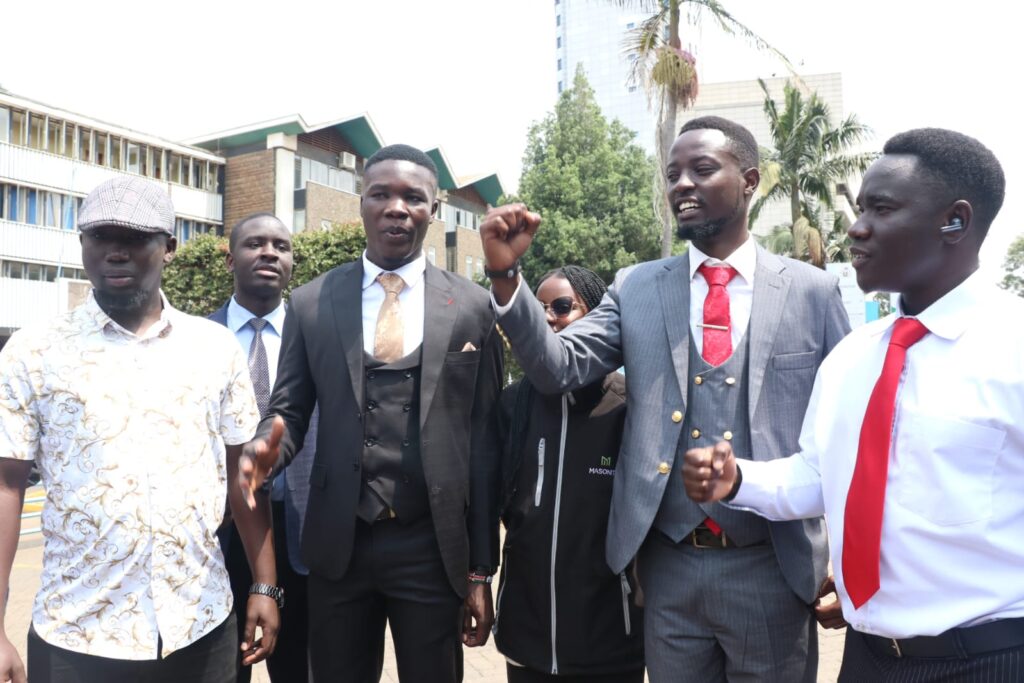A section of university student leaders from key Kenyan institutions has backed former Prime Minister Raila Odinga’s call for an intergenerational conclave, aimed at fostering inclusive dialogue between the country’s youth and leadership.
Speaking during a press briefing at the University of Nairobi, representatives from the University of Nairobi, Jomo Kenyatta University of Agriculture and Technology (JKUAT), and Kenya College of Accountancy (KCA) expressed their support for the proposed national dialogue. The students underscored their readiness to engage constructively and called for the process to remain free from political interference.
“We dearly support the idea of Raila Odinga to bring youths into dialogue. We, as youths, insist that the dialogue not be interfered with by the politicians. We want it to be entirely a youth agenda,” said Aaron Odhiambo, Nyanza Region Broad-Based Deputy Director.
The student leaders said they are fatigued by the cycle of protests and loss of life, noting that dialogue offers a safer and more impactful avenue for change. JKUAT President Peace Love Isaa stated, “We are tired of dying and losing our loved ones. We are saying no to protests. We are ready to talk and share our ideas. We have the knowledge and the capacity to contribute positively toward nation-building.”
Key issues the students want addressed through the conclave include youth unemployment, inclusive governance, and the effectiveness of the Higher Education Loans Board (HELB). They also urged President William Ruto to prioritize police reforms and ensure that families who lost loved ones in recent protests are compensated.
Raila Odinga has proposed the conclave as a national forum to craft sustainable reforms. His vision includes comprehensive police reforms, improved accountability, and strategies to combat corruption and impunity. He emphasized the importance of giving youth a seat at the table, especially in addressing joblessness and expanding opportunities across sectors.
Odinga further suggested that the outcomes of the national dialogue be subjected to a referendum, ensuring the people’s voice plays a central role in shaping Kenya’s future.

